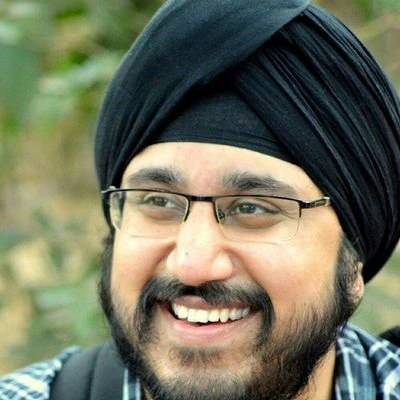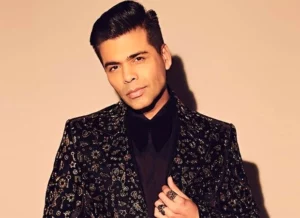30 year old Jasmeet “Jassi” Singh shares his journey about coming out of the closet 12 years back as a Sikh in Mumbai.
Jassi starts his conversation talking about his relationship with his parents. Being friends on the one hand while keeping their child adequately grounded on the other, he shares
“My parents have always tried to keep up with the times.”
On hearing this, we further ventured into a conversation about their reaction to Jassi coming out to them
“I came out when I was 18. I came out to my Father first. My father pretty much accepted it. I wanted him to ease up to my mother. That failed. My mother did not take it very well. My mother always dreamt of me getting married and having kids. She told me that I need to be sure before starting to tell everyone that I was gay”
He added about effect this had on their relationship
“There was no difference in the way they treated me before and after coming out. They gradually accepted me for who I was”
Having been out for 12 years now, he shares what it was like to come out in 2004.
“I came out at a time when people did not even know ,let alone use, the word ‘Gay’. People told me it is an experimental phase. It might fade away and I would grow out of it. It does not work like that”
Exactly, it does not work like that. Yet unfortunately, the same social protocol is followed almost due to fallacious myths.
“People have this distorted view about the LGBT community. Whenever I come out to people, they find it hard believe me. Somehow, they have a tacky image of people belonging to the LGBT community of wearing tacky feathers and glitter.”
Sometimes these distorted myths give rise to people becoming homophobic. This sets a chain reaction with people being reluctant to come out due to homophobia. Jassi recalls about a similar incident in his life when he dated a guy who started claiming that he was straight and demanded to get married. To this he reacts-
“People should mature enough to know what their priorities should be. Sometimes people never come out. Later they marry a person without having a sexual preference for that sex. That is very cruel and in ruins both lives involved.”
The dialogue took a political turn when asked further about what he feels about Section 377
“The British should have surely taken back this law along with them. Section 377 is so much more precious than the Kohinoor as it literally has been affecting millions of people. It is taking away our lives. This section becomes one of the reasons to why people aren’t more accepting of the community. We are too pay our taxes contribute to our country’s growth. We shouldn’t be treated any differently.”
Activism, he feels, depends on what work people do in the field. As for 2016, he states
“The times are changing. Real activism is reaching different cities. We have not reached all cities but I think it is a good start. This movement has gone beyond the metro cities to places like Pune & Hyderabad.”
When asked about what category he would put FSOG in, he sends the following message across
“FSOG for me is the best ally to ever step up and walk with the community with equal zeal and passion to get equal rights and stop discrimination of the LGBTIQAPS community at large! He may have had a lot of people who have spoken in favor but FAOG actually does walk the talk! They just don’t talk about equal rights but are ensuring our voices are being heard. Being a gay man I feel so proud today that it is not only me or people from my community who have to always go about making people aware and sensitizing them because with great equal partners like FSOG I am sure more people will become aware and start accepting us as a part of the society. All the very best!”



